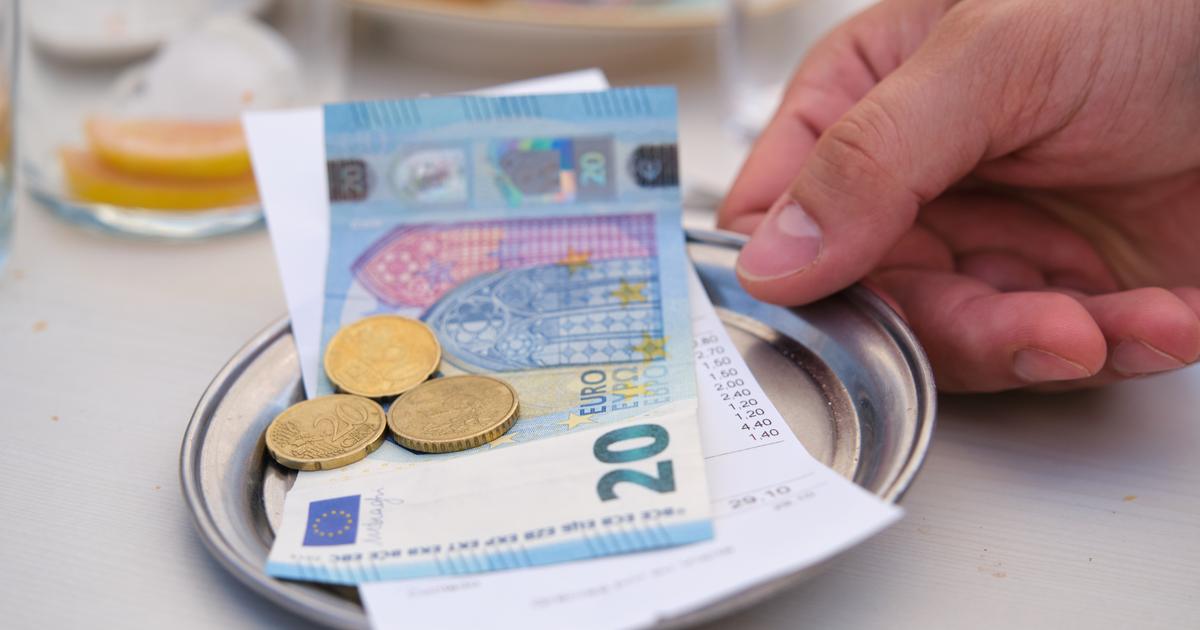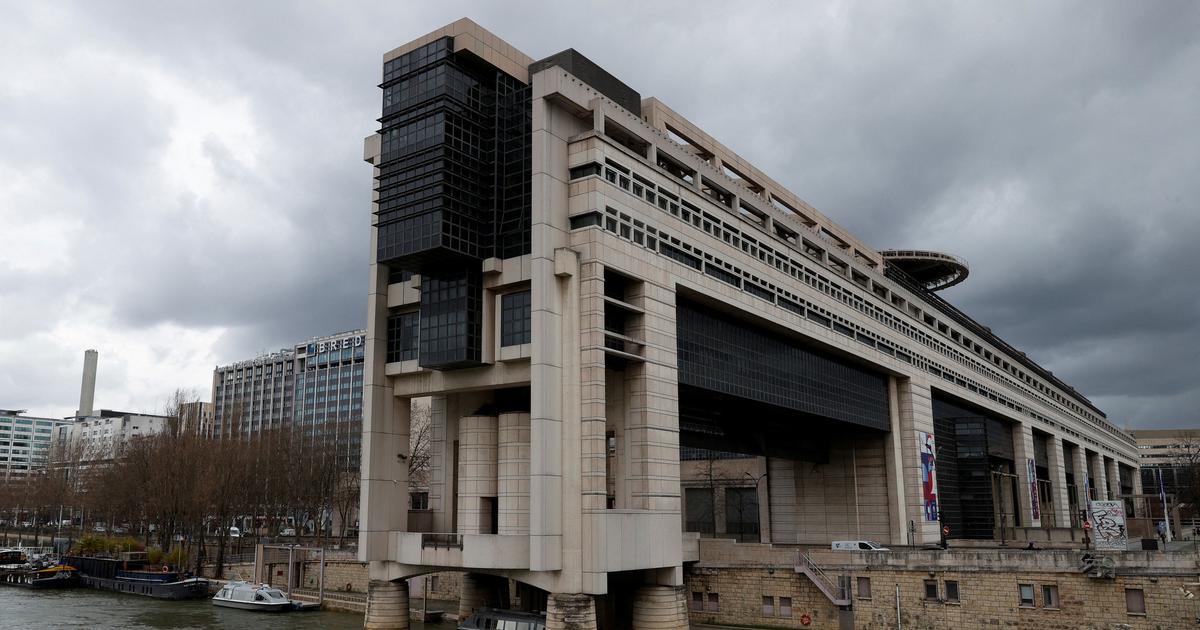Soon the long-awaited peak.
Set at 6.2% last November, inflation should peak in early 2023, in January and February, at 7% over one year, INSEE said on Thursday in its latest economic report.
Consumer prices should therefore continue to rise between now and then, initially reaching 6.6% year on year at the end of 2022.
To discover
Prime Macron 2022: conditions, amount, date of payment... how does it work?
“
The rise in inflation in the first months of the year should be mainly driven by energy: end of the discount at the pump in January (+0.1 inflation point), 15% increase in regulated prices gas in January (+0.2 point) then electricity in February (+0.4 point)
”, explain the national statisticians.
In addition, the planned revaluation of the price of a pack of cigarettes by 50 euro cents in March “
would increase inflation by 0.1 point
”.
Food inflation will peak at almost 13% over one year in January.
To read alsoChez Denis et Julie, 50 euros of electricity bill per month … and soon zero: “We will be autonomous next year”
From March, then, the rise in prices should gradually decline to around +5.5% in June, advances INSEE.
“
In particular, energy inflation and food inflation would decrease significantly
,” it is claimed.
In food, inflation over one year should thus reach 10.9% in June 2023, against 12.9% in January.
In energy, it would be halved over the period, dropping from 23.1% to 10.9%.
It should also slow down in services - from 3.4% to 3% - but should accelerate in manufactured goods - from 4.7% to 5%.
Growth revised downwards for 2023
As for French growth, GDP (gross domestic product) should contract by 0.2% in the fourth quarter, penalized in particular by household consumption at half mast in the context of high inflation.
INSEE was counting until then on zero growth at the end of the year.
In its economic report, the national statistics institute also revised its growth forecast for the whole of 2022 slightly downwards, which it now sees at 2.5% (compared to 2.6% previously), i.e. 0.2 point less than that of the government.
However, the French economy should escape recession, defined as two consecutive quarters in the red, thanks to an expected slight rebound in gross domestic product (GDP), from 0.1% in the first quarter of 2023 then from 0, 3% on the second.
This "
rebound
" should accelerate next spring, allowing France to do better than its neighbours: by way of comparison, the growth overhang in mid-2023 "would
range from -0.2% for Germany to +1.1% for Spain, via +0.3% for Italy
”.














